
The EMA recommendation excludes from treatment adults who are homozygous for the ApoE ε4 gene, a decision that the US Alzheimer's Association does not support, said the president/CEO.

The EMA recommendation excludes from treatment adults who are homozygous for the ApoE ε4 gene, a decision that the US Alzheimer's Association does not support, said the president/CEO.

Your daily dose of the clinical news you may have missed.

Your daily dose of the clinical news you may have missed.

The autoinjector delivers a weekly maintenance dose of 360 mg lecanemab for individuals who have completed biweekly treatment initiation by IV infusion.
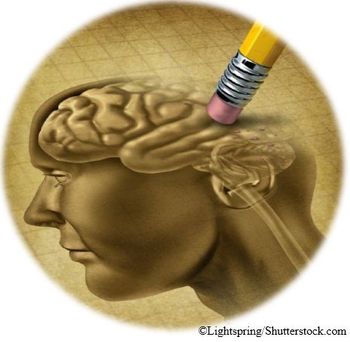
New data from phase 3 Clarity AD OLE trial show sustained treatment benefit among participants with low baseline tau and brain amyloid with no new safety signals.

CATD 2024: The Elecsys plasma panel also demonstrated high sensitivity and specificity for AD, building strong evidence for streamlined early disease detection.
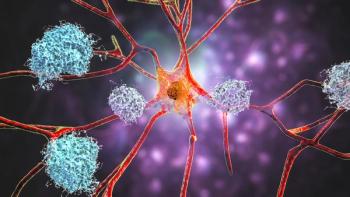
New phase 3b data suggest that a modified titration of donanemab reduces the risk of brain swelling and fluid accumulation at 24 weeks.

Semaglutide significantly reduced risk of a first-time diagnosis of AD in a cohort of more than 1 million, suggesting an opportunity for controlled clinical trials.
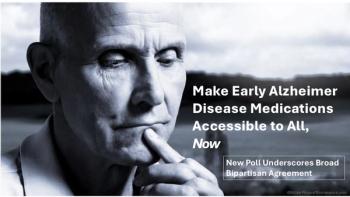
FDA-approved early Alzheimer medications should be covered by Medicare and other insurers and made immediately available to all those who will benefit.

Supported by Otsuka, new research calculated the value of daily hours spent on basic chores and complex tasks required to support a loved one with AD.

Medicare’s restrictive coverage policies are denying patients with early Alzheimer's disease access to novel treatments. And private payers are following suit.

Updated mRNA COVID-19 vaccines, the first orally disintegrating tablet approved for pregnancy prevention, and 5 more.

Your daily dose of the clinical news you may have missed.
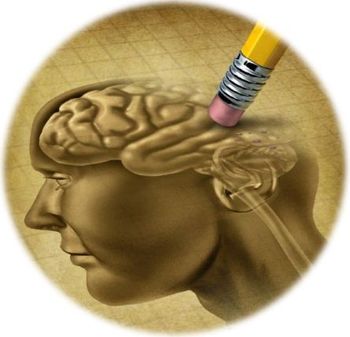
Investigators found as much as a 2-fold difference in being diagnosed with dementia across the US, even after controlling for common individual risk factors.

The AHEAD study program will use plasma biomarker screening, novel PET agents, and other unique approaches to assessing lecanemab effect at the earliest stage of disease.

Your daily dose of the clinical news you may have missed.
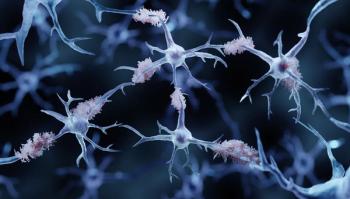
The lecanemab Clarity AD open label extension study returned no new safety signals and data reflect the therapy's disease modifying effects on key biomarkers.

A blood test had a diagnostic accuracy of 91% compared with 61% accuracy by primary care clinicians and 73% by dementia specialists, according to new research.

Your daily dose of the clinical news you may have missed.

Donanemab, now 1 of 2 antiamyloid medications available, is unique based on evidence that it can be used in limited duration treatment, based on removal of plaque.

The FDA has assigned a PDUFA action date of January 25, 2025 for the monthly IV maintenance dose.

The AdComm plans to review data from the TRAILBLAZER-ALZ 2 phase 3 clinical trial that served as the foundation for Eli Lilly's original BLA submission to the FDA.

The surprise request for review of the phase 3 TRAILBLAZER-ALZ-2 clinical trial findings will delay the original PDUFA timing beyond first quarter 2024.

The accuracy of the test in detecting Aβ and tau pathology underscores its potential to become an accessible and cost effective tool for Alzheimer diagnosis.

November is Alzheimer Awareness Month and a good time to look at common myths held by clinicians and patients alike - and the facts to refute them.